Conserving Haiti’s last remaining forests
HaïtiConserving Haiti’s last remaining forests
Duration of the partnership
2021-2022
Location
Haïti
The project and its challenges
Deforestation is taking root in the midst of the island’s extreme poverty
With almost 6 million people (almost 60% of the population) living below the poverty line and more than 4 million people living with severe food insecurity, Haiti is the poorest country in the Americas. Its economy is primarily based on agriculture and highly vulnerable to climatic hazards.
Two-fifths of Haitians, mainly working on small food farms, are dependent on the agricultural sector and regularly face natural disasters, such as hurricanes, earthquakes and floods. As a result, harvests are diminishing and failing to meet the needs of the population, with 60% of food requirements already being fulfilled by foreign imports. This, in turn, is leading to an acceleration in deforestation.
Today, the few remaining areas of forest and agroforestry cover just 10% of the land in Haiti.
Agroecology : a key approach to tackle the food and climate challenges faced in Haiti
The Secours Catholique – Caritas France (SCCF) organisation is helping to improve the living conditions of local communities, particularly in terms of food security and resilience to natural disasters and climate change, while preserving and restoring Haiti’s ecosystem. Caritas Haiti is the technical operator for the project and works with core local organisations in six communities across five of the island’s regions.
This project is based on four main areas:
- Encouraging families to adopt agro-ecological farming practices;
- Diversifying and improving food habits and hygiene among families;
- Restoring the environment and conserving the forest;
- Strengthening the bonds between families and organisations.
The MDM Foundation is supporting the SCCF in its efforts to promote agroecology and protect the environment. Among other things, the funds provided will:
- Raise awareness among at least 90% of families of the impacts of deforestation and the importance of protecting biodiversity.
- Restore forest cover by creating community nurseries and by planting 140,000 trees;
- Provide rural populations with training in agroecology and agroforestry techniques;
- Reduce the vulnerability of at least 50 hectares of natural and agricultural spaces to erosion;
- Purchase seeds and animals to ensure the food security of families;
- Organise six exchange visits between groups and develop four mutual solidarity systems within affected communities.
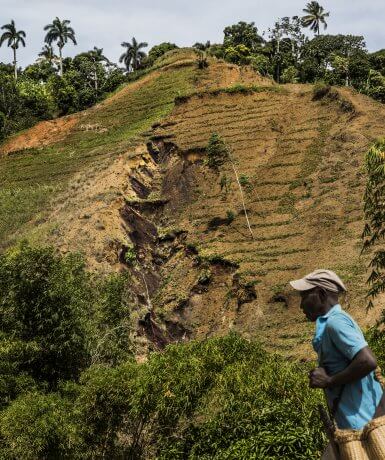
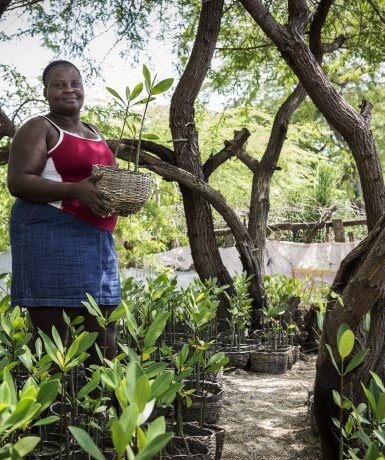
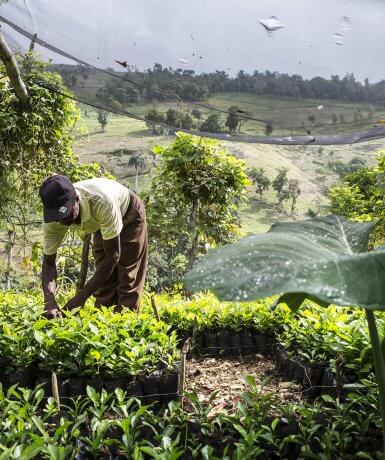
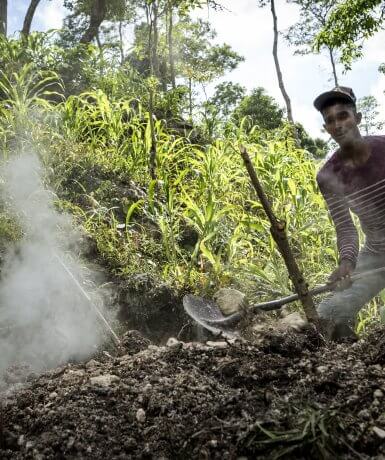
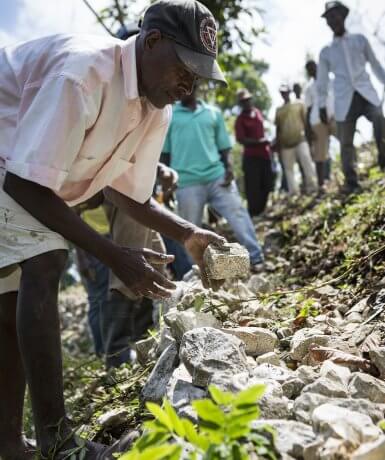
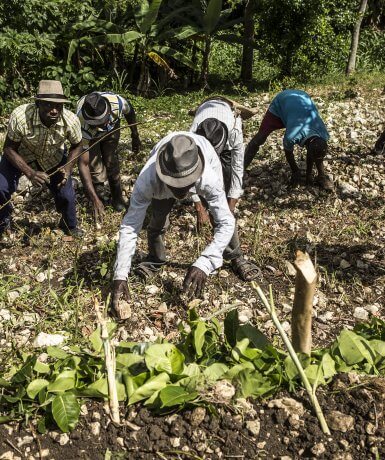
Beneficiaries
800 rural families, equating to around 5200 people, will benefit directly from this project.
In line with the chain of solidarity principle developed by the Caritas Haiti network, the work carried out as part of the project will also benefit a further 800 families. All of the families that benefit directly from the project are partnered with another family, to which they pass on the training received and give a share of their crops and animal production in the second year of the project.
The pros of the project
Agroecology relies on maximising the use of natural resources and improving local knowledge. In this sense, it reduces pressure on the environment and makes local communities more self-sufficient in food, diversifying production and reducing the need for imports. To some extent, access to food sovereignty through sustainably produced food will help to lift the people of Haiti out of poverty.
Project leader Secours Catholique Caritas France
With over 60,000 volunteers and 70 years of work behind them, the Secours Catholique - Caritas France organisation is tackling the causes of poverty, inequality and exclusion in France and around the world. Through citizen action groups, it works collaboratively with people in need to find local solutions and improve access to rights for everybody, including the right to housing, health, education, citizenship, food and water. This approach, encouraging those involved to take action, promote their position and speak up, today forms the basis for the work of the Secours Catholique organisation.
Website


 Contact us
Contact us 

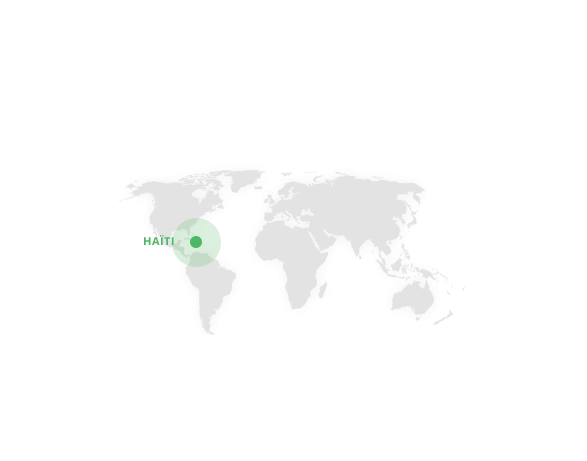


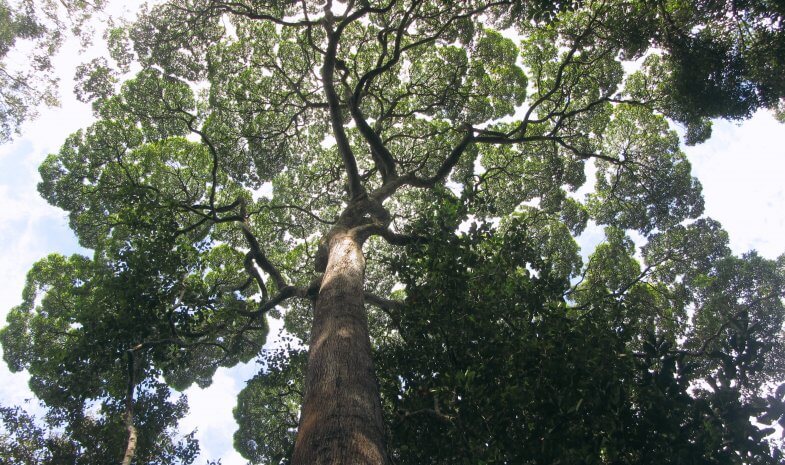
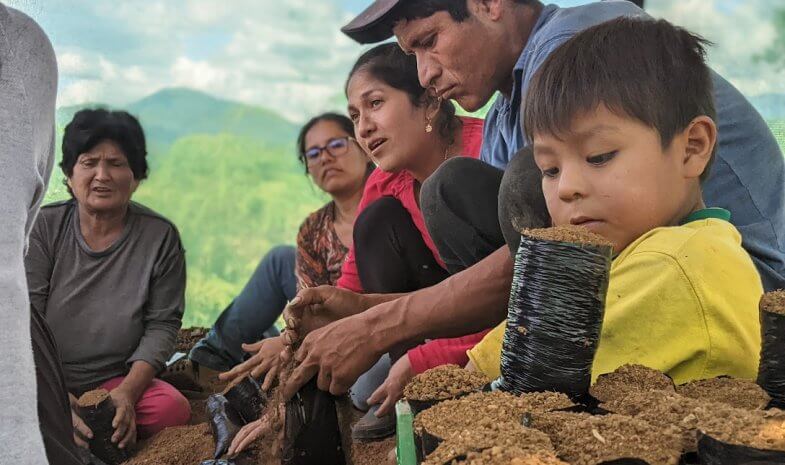
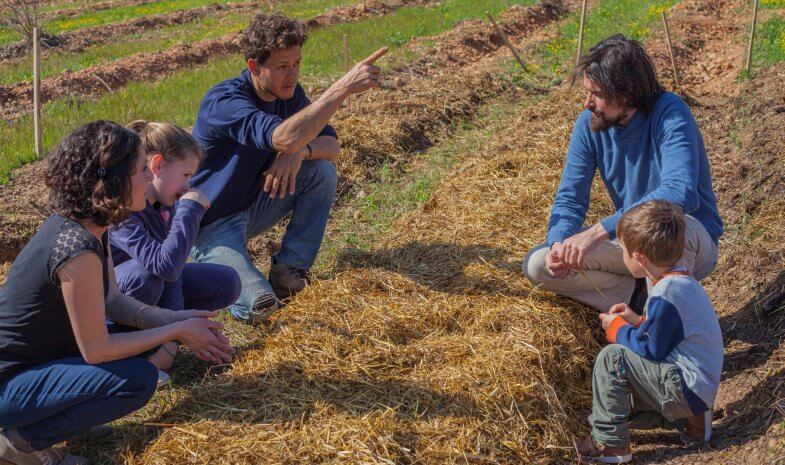


“Planting 140,000 trees can also improve food security for more than 5000 people. Get involved!”
Estelle Miquel International Project Manager - Haïti